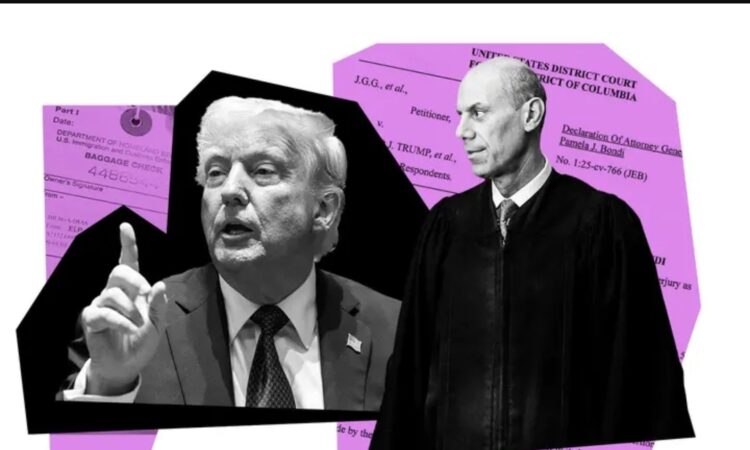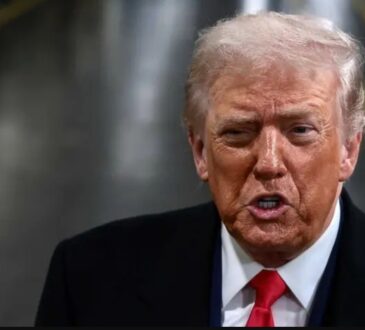
The Trump administration is pushing an unprecedented legal theory that would dramatically expand presidential power at the expense of judicial oversight. At issue is whether the president can declare groups of migrants to be “alien enemies” and deport them without due process, while claiming courts have no authority to review these actions.
The administration argues that Trump’s electoral victory creates a “mandate of the electorate” that shields his immigration enforcement actions from judicial scrutiny. This goes far beyond normal claims of executive authority – it suggests campaign promises translate into unchecked presidential power that overrides constitutional checks and balances.
In practice, this theory would allow the president to:
- Declare any noncitizens to be security threats based on minimal evidence
- Deport them to foreign prisons without hearings or due process
- Ignore court orders by invoking national security
- Withhold basic information about enforcement actions from judges
Legal experts warn this would create dangerous precedents. The administration’s own lawyer admitted in court that under this theory, the government could theoretically deport anyone – even a judge – without notice or opportunity to contest the action.
While presidents have historically claimed broad national security powers, no administration has argued that electoral victory itself makes presidential actions unreviewable. This represents a radical departure from constitutional principles that could fundamentally alter the balance of power between branches of government.
The courts now face a critical test of their authority to check executive power. Their response will determine whether the judiciary can maintain its constitutional role as a check on presidential overreach, or whether the “mandate of the electorate” theory creates a new category of unreviewable executive actions.




